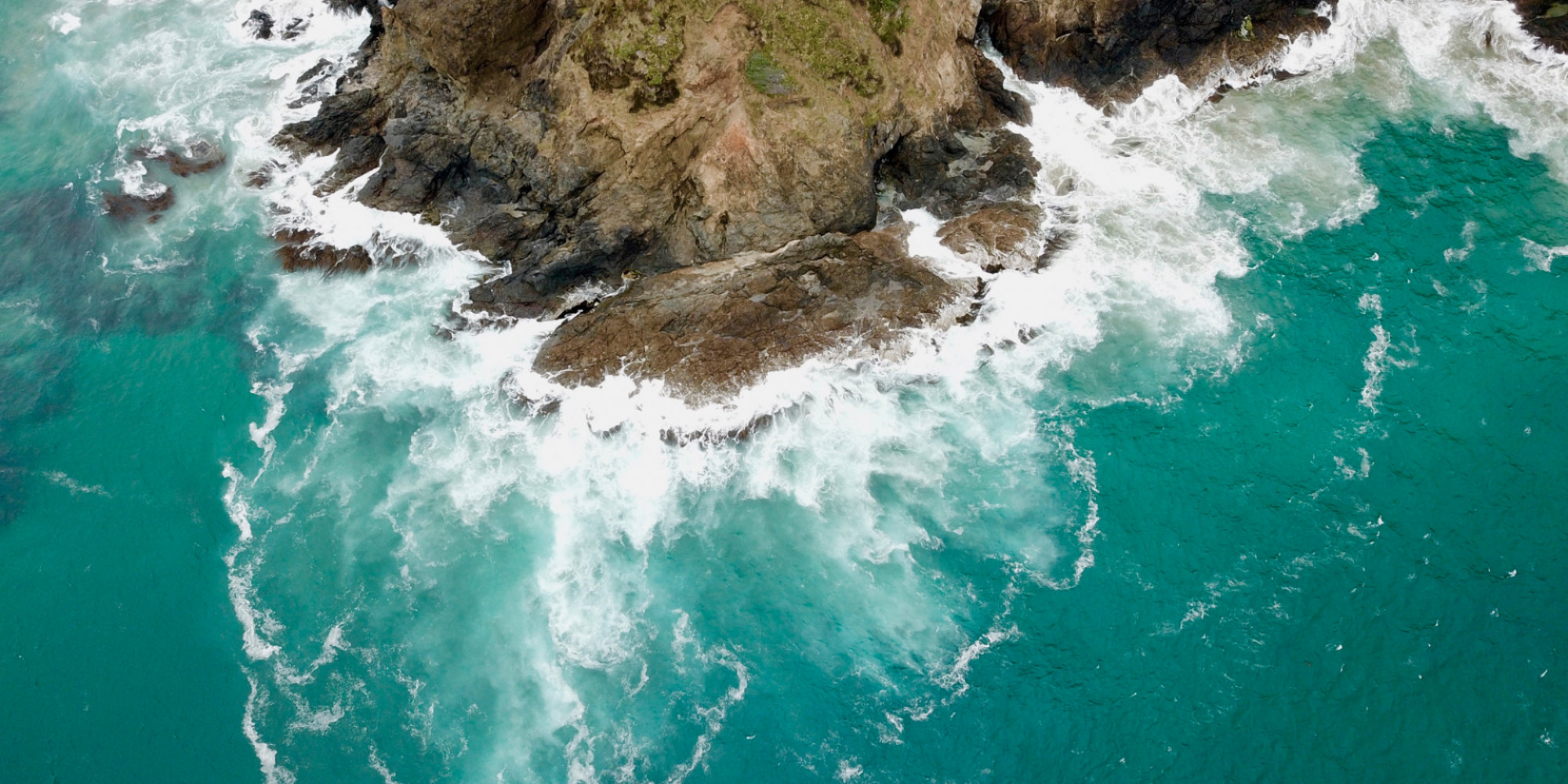Posted on 08 May 2017
Sustainable Seas community comes together at inaugural conference
77 researchers came together in Wellington on 2–3 May for our first annual conference. They were joined for a special session, opened by Hon Paul Goldsmith, by 76 of the Māori and Stakeholders who have engaged with Sustainable Seas so far.
Updates from the Challenge’s 30 research projects, which involve scientists, economists, social scientists, policy experts, lawyers and mātauranga Māori, were given over two days. The presentations are available for download.
A main aim of the conference was to provide an opportunity for researchers to meet one another and have conversations about integrating their research.
Sir Rob Fenwick, Chair of the Board, noted that Sustainable Seas is unique for the sheer breadth of stakeholders exploring new ideas around a sustainable ocean.
The conference was the first opportunity for many of those directly involved to come together and get a feel for the big picture of Sustainable Seas.
Hon Paul Goldsmith
Minister of Science and Innovation Hon Paul Goldsmith opened the special session for Māori and Stakeholders. As well as discussing the benefits of EBM and the ‘considerable potential’ our coastal and marine environments for helping to sustain jobs and opportunities for many New Zealanders, he thanked researchers, Māori and Stakeholders.
“I thank you all for your involvement with Sustainable Seas and for being here today. The work you do is important, and I encourage you to learn about the science on display here, and to engage with each other, to ensure that the Challenge fulfills its mandate.”
Ecosystem-based management
At the heart of Sustainable Seas is a concept called ecosystem-based management (EBM) – a holistic and inclusive way to manage the competing uses for, demands on, and ways New Zealander value our marine environment. Addressing delegates, Sir Rob described how collaboration, guardianship and sustainability are central to EBM.
"EBM relies on great science and involves a high level of collaborative decision-making. It doesn't work unless everyone involved in the ocean is in the room having a say about their expectations and what they value in the ocean.
"It’s important that there's enough of the ecosystem left behind that is healthy and robust and will continue into future generations,” he said.
Practical outcomes
Director Julie Hall noted we are focused on producing practical tools, frameworks and knowledge that decision-makers can use to better manage marine resources.
To achieve this, our research is interdisciplinary, collaborative and involves a high level of Māori and Stakeholder involvement from the start.
Research Book
We launched our newly published Research Book at the conference. This has plain English summaries of all 30 projects.
